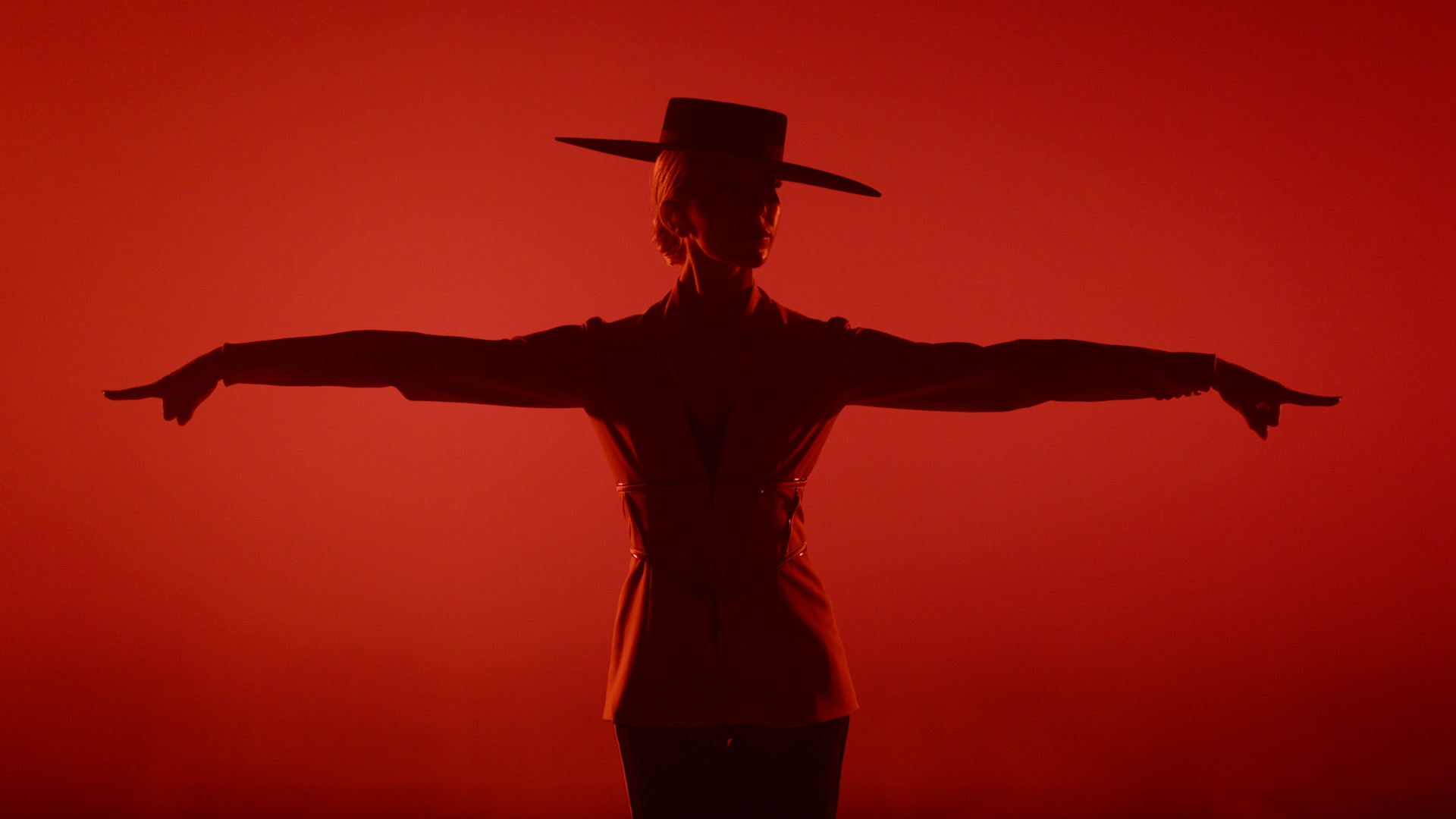
When Annabelle Lopez Ochoa set out to reimagine Carmen, she wasn’t looking to revive the well-worn story of a fiery seductress caught in a doomed romance. Instead, she sought to unearth something deeper—something urgent and modern. Her Carmen is not a woman ruled by passion, but by purpose. She is a force in motion, claiming power in a world designed to tame her. With this bold reworking—soon premiering at Miami City Ballet—Ochoa delivers not just a ballet, but a manifesto draped in velvet and firelight.
At the center of this production lies a profound redefinition of character. Carmen is not simply resisting a man, she’s resisting containment. Ochoa gives her agency in a literal sense—casting her as the boss of an underground casino, a woman at the top of a male-dominated world. The result is a heroine who fights not for love, but for her own survival, autonomy, and ambition. “She’s not just independent from a man,” Ochoa says. “She’s independent in life.” It’s a sharp turn from the typical portrayal of Carmen as the tragic, untamed woman who pays the price for her sensual freedom. This time, she’s playing her own game, and she’s playing to win.
Ochoa’s vision is amplified through her collaboration with Colombian composer Juan Pablo Acosta, whose original score pulses with Latin rhythm while echoing the dramatic richness of Bizet’s opera. Though entirely new, the music is so steeped in cinematic emotion and melodic intensity that dancers were shocked to learn it hadn’t been lifted directly from the original. Acosta’s sound doesn’t imitate; it resurrects and transforms. His composition becomes the bloodline of this Carmen—urgent, full-bodied, and unrelenting.

Every detail of this production is steeped in intention, from casting to costume to choreography. Ochoa’s choice for Carmen—a tall, blonde dancer—raised eyebrows, but for the choreographer, the decision was never about convention. It was about presence. “Carmen has to stand equal to the men,” she explains. “She has to be commanding, not just alluring.” In this version, femininity is not used as bait, but as a weapon. Carmen’s sensuality is strategic. Her femininity, powerful. She wears pants, not a skirt. She doesn’t need to bare skin to reveal strength.
That approach extends into the visual storytelling. One of the most compelling elements of the production is the use of dice—stand-ins for poker tables in the casino world. But for Ochoa, the dice are more than symbolic props. They are fate itself—rolling across the stage like omens. Life, in this Carmen, is a gamble. And Carmen herself is no longer a pawn; she’s the one throwing the dice. Even before Don José enters the picture, she’s plotting, scheming, surviving. It’s not about romance. It’s about control.
This premiere carries personal resonance for Ochoa. Raised on flamenco, she finds herself returning home—rhythmically and emotionally—by folding its textures into the choreography. But this isn’t about adornment. Flamenco here is used to drive the story forward, to anchor the ballet’s pulse. In one moment, dancers snap open fans to reveal hidden dollars—bold gestures that speak volumes about Carmen’s ambition. “It’s all about how movement serves the narrative,” Ochoa says. “Nothing is decoration. Everything means something.”
The premiere also marks a significant milestone for Miami City Ballet, as it coincides with the farewell season of the company’s longtime artistic director, Lourdes Lopez. For Ochoa, this work is more than a debut—it’s a gift. “She’s a trailblazer,” Ochoa says. “A powerful woman with vision. This ballet is my way of honoring that legacy. A woman-centered story. A Latin pulse. It felt right.”

In many ways, Carmen is the culmination of Ochoa’s own artistic preoccupations. She has long gravitated toward women who disrupt, who demand, who reshape the narrative. Carmen joins a lineage of characters—Frida Kahlo among them—who aren’t always likable, but are always unforgettable. “I’m drawn to women who bend history,” she says. “Not perfect women. Powerful ones.”
Ochoa’s Carmen is not a revision. It is a resurrection. A reclaiming. A portrait of a woman who refuses to be silenced, stripped down, or simplified. This is Carmen not as muse, but as maker. A woman who walks into the center of the stage, not to be adored or destroyed, but to declare herself—with poise, with risk, with rhythm. And once she does, there’s no looking away.
– S&P
PERFORMANCE DATES & TICKETS
Miami City Ballet’s Carmen
Miami: Adrienne Arsht Center for the Performing Arts – April 25–27
Fort Lauderdale: Broward Center for the Performing Arts – May 3–4


Leave a Reply